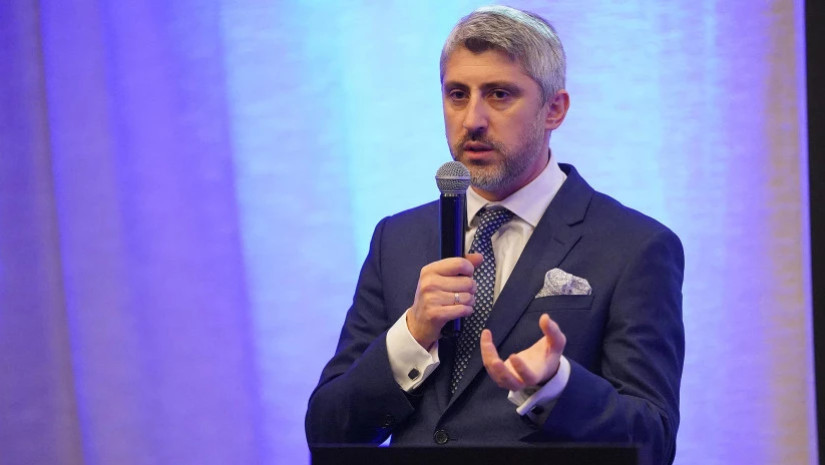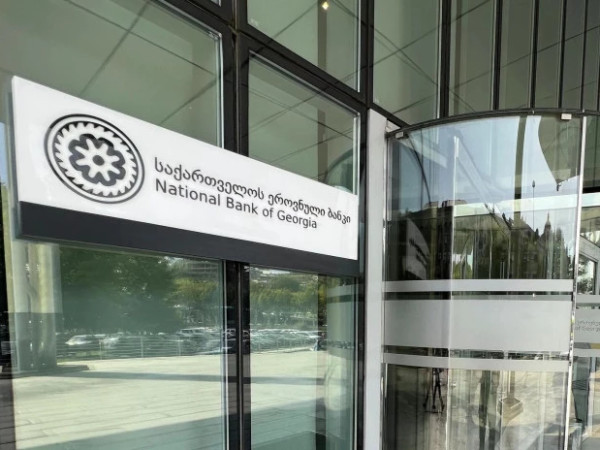Eagle Hills Georgia is a focused investment in a targeted sector — the real estate market, which is quite developed and highly concentrated in our country, - economist Nikoloz Alavidze says in an interview with Commersant.
Alavidze emphasized that Emaar Hills' new large-scale investment, along with significant opportunities, also creates serious systemic risks.
In his words, the excessive concentration of resources in the sector hindered the banks’ activity, and the potential revision of the National Bank's restrictions poses additional threats.
"This represents a very targeted investment in a specific industry—the real estate market—which in our country is significantly developed and marked by extremely high concentration. It is so high that over the last two years, commercial banks have maximized their funding in this sector. In response to this high concentration, the National Bank has imposed certain restrictions. Commercial banks have operated based on the National Bank’s restrictions and now the National Bank is set to revise these restrictions. The risks arise when resources are excessively focused on a single sector; even a small downturn spreads to the rest of the economy. The real estate is a sector that immediately reflects both economic progress and regression. "Another risk is the concentration on just two specific projects, located in two geographical areas—Tbilisi and Batumi—in an already fragmented and hyper-concentrated economy, 70% of which accounts for the capital while being incorrectly distributed across regions," Alavidze notes.
He believes that these "incetives" will not only boost imports but also deepens the labor shortages and the loss of knowledge, especially when the economy and investment are heavily concentrated in Tbilisi and Batumi.
Such a strong boost will increase imports because we will not be able to physically meet the necessary products and services with local production and resources. The next concern is qualification. We have a troubling statistic: skilled labor is leaving Georgia, and the current supply of qualified workers is inadequate even to serve the current projects. Our infrastructure is being developed entirely with labor imported from China, and once that work is completed, we will be left without the experience needed for such large-scale projects. We now face the challenge stated by the investor to bring at least 30,000 skilled workers to Georgia, Nikoloz Alavidze points out in an interview with Commersant.


















